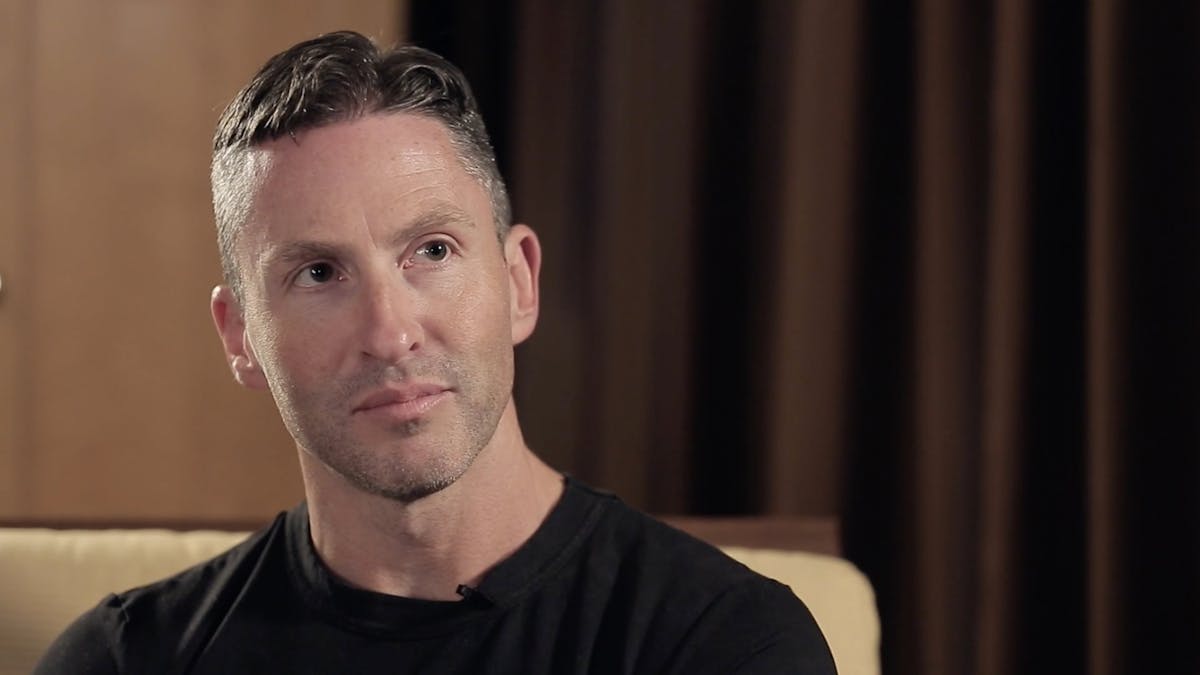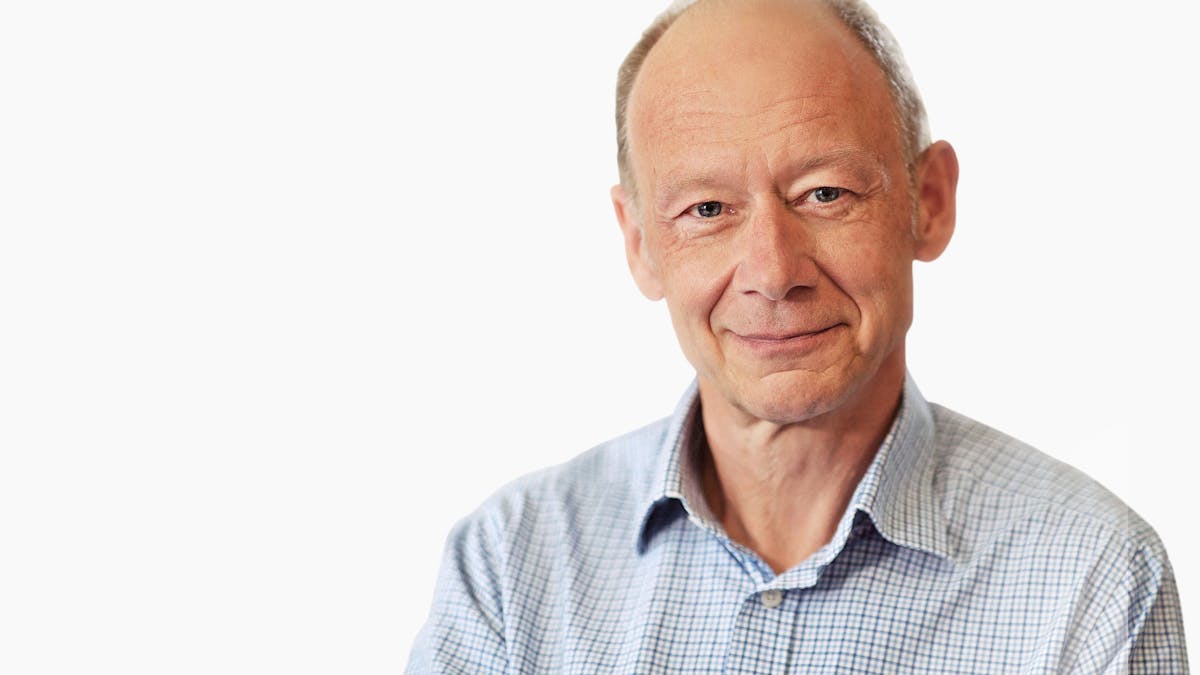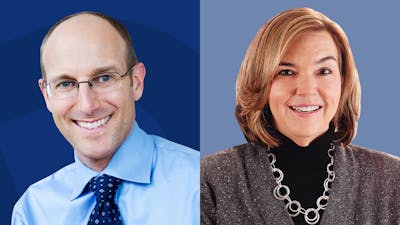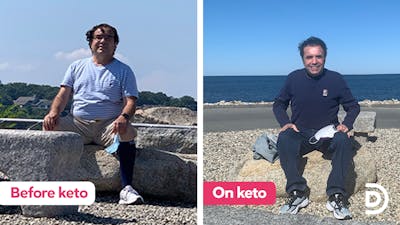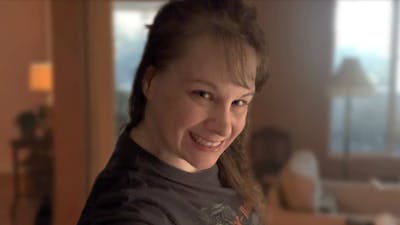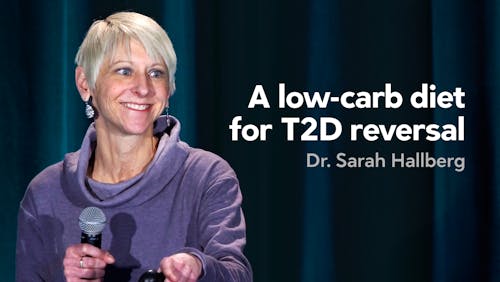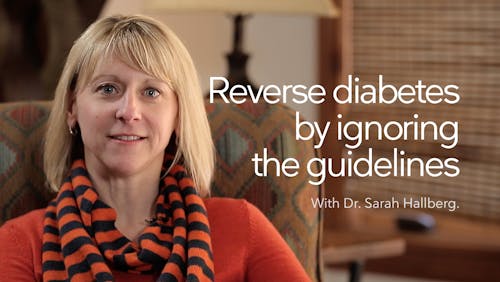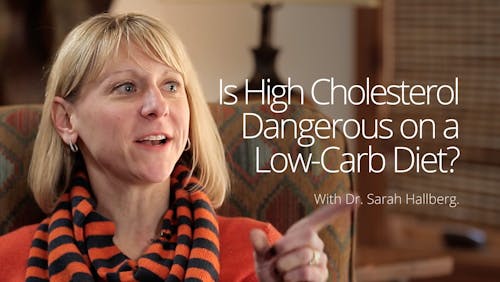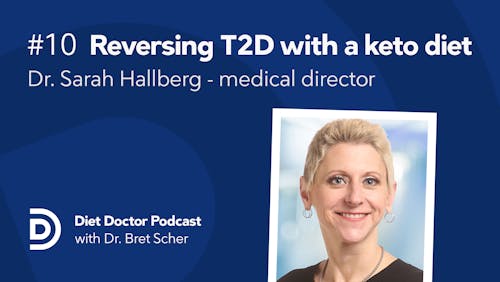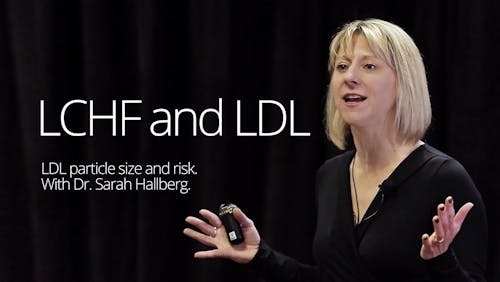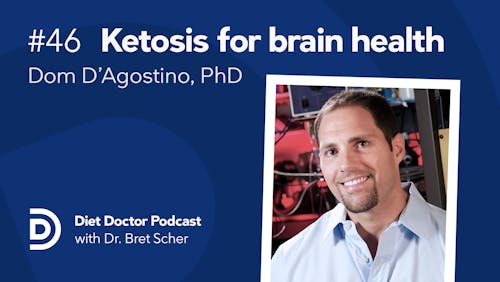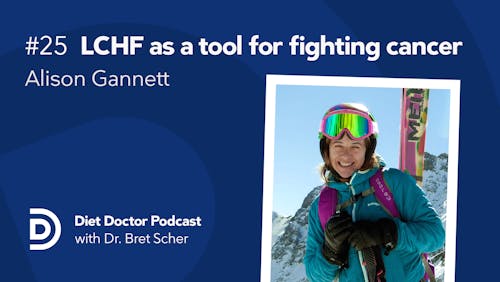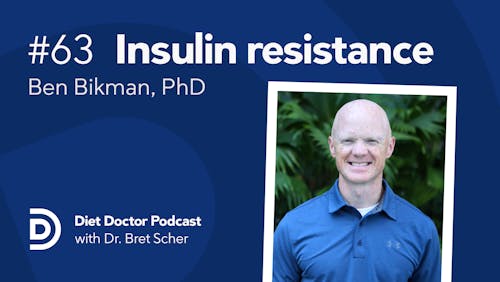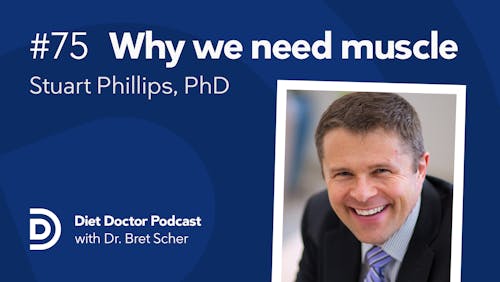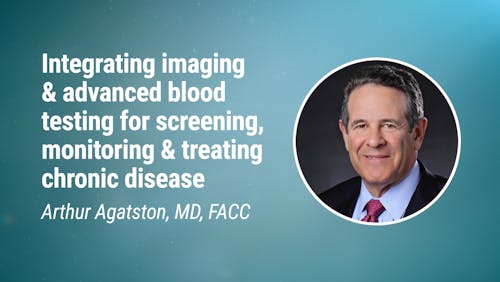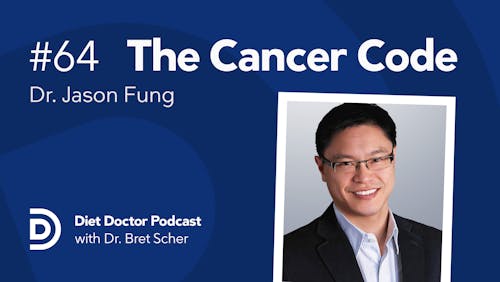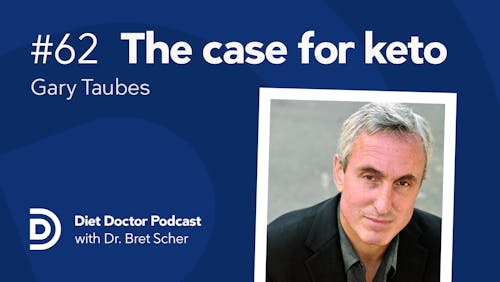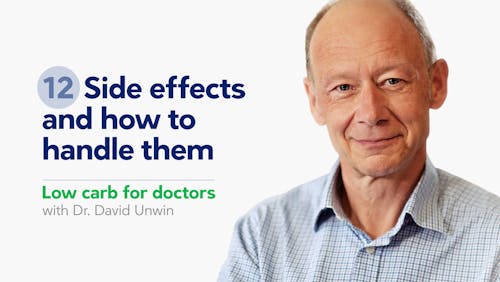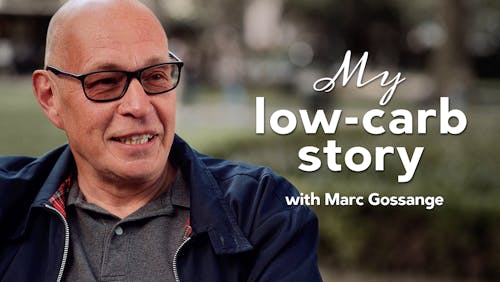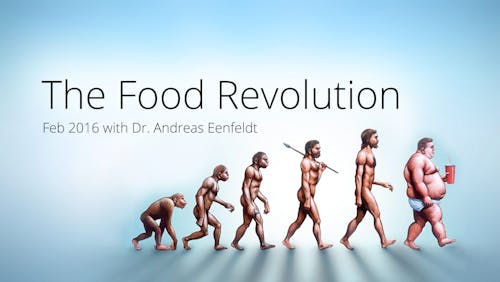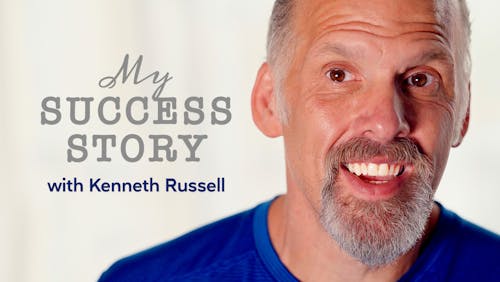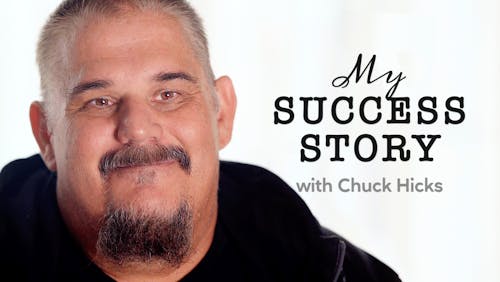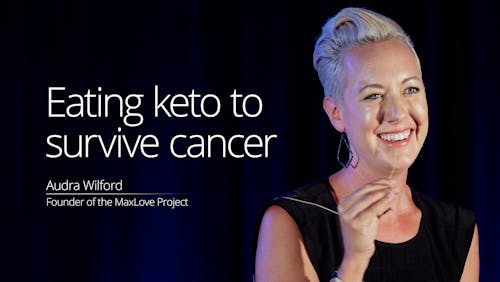Low-carb profiles: Dr. Sarah Hallberg
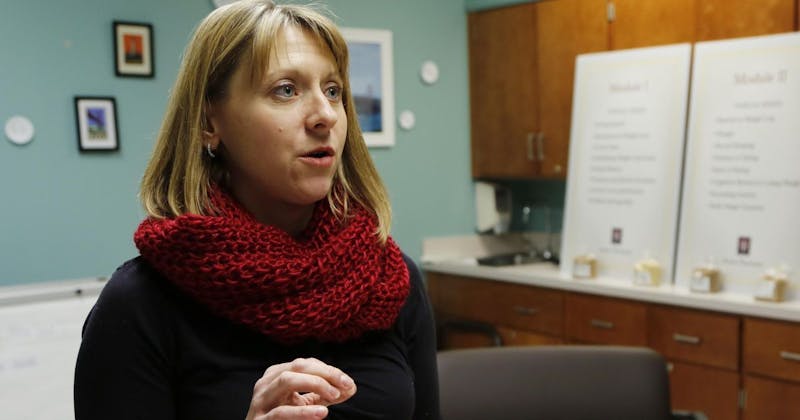
Dr. Sarah Hallberg
Many exceptional doctors, researchers and scientists contribute their expertise and knowledge to the low-carb global community. Together they are leading the real food, low-carb high-fat revolution that is contributing to better health and wellness for millions of people worldwide. We love helping them out in this, in any way we can.
What was the personal journey that led these individuals on this path? Each has a unique story. Over the next weeks and months we will profile these individuals. In this post it’s Dr. Sarah Hallberg , medical director at Virta Health and medical director and founder of the Indiana University – Arnett Health Medical Weight Loss Program in Lafayette Indiana. Her 2015 TED Talk: “Reversing type 2 diabetes starts with ignoring the guidelines” has now been viewed more than 2.7 million times.
Every good career, notes Dr. Sarah Hallberg, has a number of surprising pivots. For her, some of those pivots came about from being frustrated, even angry, at the powers that be.
How she became a medical doctor
In fact, if not for her becoming incensed at the attitude of an arrogant cardiologist more than 20 years ago, she might never have become a medical doctor in the first place.
At that time, in her early 20s, she was working in a cardiac rehab program in a hospital in Illinois, about to start her doctorate in the field of exercise physiology. She loved exercise. Since high school she had worked as an aerobics instructor, teaching 12 classes a week; she had already received her Bachelor’s and then her Master’s in exercise physiology.
One day, however, she got into an argument with one of the cardiac specialists about his exercise prescription for a patient. “I was always so frustrated because the doctors had no idea what they were talking about. I knew after a fight one day, I was never going to be listened to by them unless I was a doctor, too. So I went to medical school — because I was pissed.”
She graduated with her medical degree in 2002 from Des Moines University College of Osteopathic Medicine and was aiming to become a preventive cardiologist. Another pivot happened near the onset of her specialist training: she became pregnant with the first of her three children. “I decided I was done with years of schooling, I just wanted to get to down to work.”
The advice wasn’t working
She worked as a primary care physician for eight years. It was in the daily treatment of patients with diabetes, obesity and chronic disease that she began to feel that something was not right in the way doctors had been trained to handle these conditions. The advice and prescriptions she was doling out to patients did not make them better. “It is so demoralizing to see patients coming back worse and worse.”
Some doctors blame the patient for not being compliant, but not Sarah. She knew they were following her advice. “I had the first hint of it as an exercise physiologist. I had worked counselling obese patients. I realized at that time some of these patients were exercising all the time, seemingly doing everything right, and still they were struggling with weight.”
Sarah, 46, now laughs in disbelief when she describes how for many years she truly believed in the “Dean Ornish” school of health advice, promoting a low-fat, plant-based diet with plenty of whole grains, fruits and vegetables and lots of exercise. “I preached the low-fat-eat-less-exercise-more dogma for years. That is what we were taught in medical school and that is what I told patients. But it didn’t work. Patients never got better.”
In 2010 she was asked by Indiana University to open and lead a new specialized weight-loss program. That was another pivot: she began to delve deeply into the research science before she took the helm as the founder and director of the Indiana University – Arnett Health Medical Weight Loss Program in Lafayette.
“I spent a year getting ready [to open the program]. I got board certified in obesity medicine and read every research study I could get my hands on. And it became exceedingly evident when I read the literature that low fat had nothing to support it.”
Finding low carb
She soon found that the evidence was clearly stronger for carbohydrate restriction; she realized that if her weight loss program was to be successful it would have to embrace that approach. To make sure she did not face push back from her medical and health profession colleagues who might refer to the program, she prepared a slide deck and presentation with the evidence. She spent an entire summer giving her presentation to colleagues, winning others over.
“Fortunately, everyone got on board and so we prescribed the dietary intervention of low carb moderate fat from the get-go.”
Soon, however, came another pivot — to higher fat.
“That pivot to LCHF happened really, really quickly. Our patients just did so much better on it. We realized that what was happening was real weight loss — and that was the intention — but much more important for us was what was happening with people’s diabetes. We were seeing people getting off diabetes medications! We were getting people off huge amounts of insulin. I had never seen anything like it. It was crazy how remarkable it was in a practical sense.”She began investigating: who else was using this approach? Where was the advice to prescribe LCHF in diabetes research, treatment and guidelines?
“Where was it? It was nowhere! So once again I had a pivot that came from anger. Why was this not what everyone was doing? Why was this not commonplace? We are having such an impact on all these people’s lives. It was infuriating. So I went from being a clinician to being a researcher.”
Her first study was unfunded, propelled by her own volunteer time. She compared 50 patients from her clinic with 50 patients treated under the diabetes guidelines by diabetes dietitians. She showed that her patients were getting significant metabolic improvements and saving health system money because of how much medication was being removed.
Her TED talk
Just after that study had been completed was when the TED Talk at Purdue University happened. She was actually a last minute replacement. It was one of her successful patients who recommended her to the organizers as a fill-in for another speaker who’d cancelled. Sarah had little experience with TED Talks so had no idea what a big deal it was.
Two days before the talk she was at a national conference of the Obesity Medicine Association and met low-carb researcher Dr. Steve Phinney for the first time. When she told him about her sudden TED Talk gig, she laughingly recalls that he told her: “You better be good because the average Ted Talk has 50,000 views.”
Her May 2015, 18-minute video “Reversing Type 2 diabetes starts with ignoring the guidelines” has now had 2.6 million views and climbing. Underneath it are thousands of comments like “You saved my life” and “Sarah Hallberg is a genius.”
“The first time I heard about Dr. Hallberg was when someone sent me a link to her TED talk, a few days after it was posted, and it already had 12,000 views!,” recalls Dr. Andreas Eenfeldt, founder of Diet Doctor.” I wrote a blog post about it, praising it and wishing the talk would be seen by millions – and it was! Of course, once I got to meet Sarah I realized her TED success was no coincidence, she’s simply a force of nature.”
Sarah’s life
The impact on Sarah’s life has been rewarding and exciting. None of it would have been possible without the stabilizing support of her husband, a stay-at-home dad for their kids, now 15, 13, and 7. The family also has a five month-old Labradoodle puppy (and Sarah takes international calls while walking him around their neighborhood!) She and her husband maintain a strict low-carb diet, while the kids are moderate to liberal low carb. She still loves to get regular exercise; barre class is a current favorite as are walks with the family and dog.
As a prominent female voice in an emerging, controversial area of dietary and health research — with many vested interests and existing powers that be — it doesn’t surprise her that her talk, and her other LCHF work draws constant personal attacks by internet trolls. An attractive, fit, articulate woman she gets comments calling her obese or a ‘a screechy soccer mom.’
“Fortunately I have a really thick skin. I find it hilarious, actually. They can’t criticize my science, so they focus on my appearance.”
She ignores the trolls because what is most rewarding for her is all the people who tell her that her Ted Talk and her other work started them on their journey to reverse their diabetes. “I am thrilled for that. It is so exciting that I can be something that helps changes people’s lives. The impact it has had on me personally has been huge. You feel very fulfilled and you feel like you have done something really good.”
It has also led to rewarding collaborations, too, like working with Diet Doctor, to which she refers patients almost every single day and working with Phinney and other low-carb leaders on both large-scale research and clinical projects.
Current projects
She is now a medical director of the new company Virta, an online medical diabetes reversal clinic whose goal is to reverse diabetes in 100 million people by 2025 by counselling a low-carb high-fat (LCHF) lifestyle with physician and health coach support. She has also been working with Nina Teicholz on the Nutrition Coalition, a non-profit organization working for scientifically-based dietary guidelines in the United States.
While just two years ago she felt like a voice in the wilderness, now she sees a burgeoning global LCHF community gaining power and recognition, being propelled by the grass roots of patients and their doctors who are experiencing the successful reversal of diabetes first hand. Joining with them, in recent months, are influential organizations, such as the National Academy of Medicine, which in September 2017 “skewered the US dietary guidelines,” says Sarah. That change is potentially “huge” because the US dietary guidelines underlie the food that is served in the schools, in the military, to seniors in care, supported under the Women, Infant and Children (WIC) nutrition program and in other key institutions, she says.
“If we want wide-scale change we have to reform the US dietary guidelines,” says Sarah who notes in the next few years industry and others with vested interests will be orchestrating a big pushback. “The fight has not ended. This is not over. The 2020 guidelines are going to be critical.”
But she is optimistic that the voices of the grass roots, of patients and doctors who have experienced success, will not be drowned out.
“The revolution is heading in the right direction.”
More in the series
More for doctors
Top posts by Anne Mullens
Dr. Sarah Hallberg
Dr. Hallberg’s TEDx talk
Reversing type 2 diabetes starts with ignoring the guidelines
